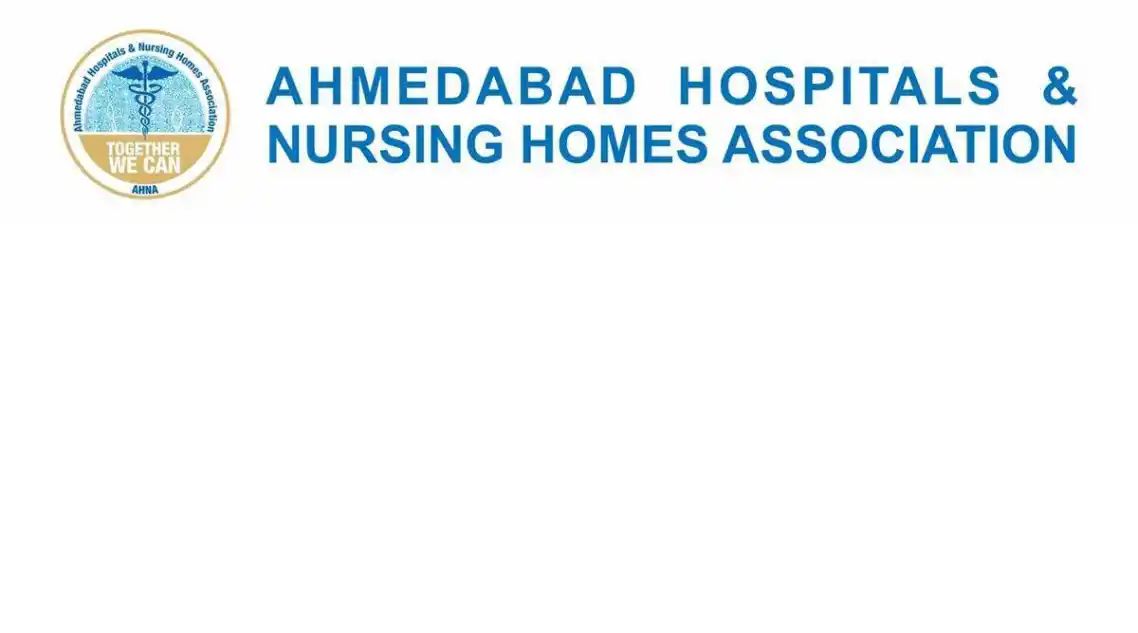The Ahmedabad Hospitals and Nursing Homes Association (AHNA) has chosen to think of a “code of ethics” and ombudsman for its almost 500 members. The move comes in the acknowledgment of the need to fabricate the public’s trust in the private medical care framework in the wake of the Covid-19 pandemic.
The association is preparing to narrow the gap between transparency and trust in the private healthcare system through a standardised operating system.
The ‘code of ethics’, being framed by AHNA, will cover all healthcare services in order to ensure that whatever is promised in terms of care and accuracy are fulfilled. “A patient should be provided complete transparent information both pre- and post-availing healthcare services without looking at the profit motives. For instance, if a cancer patient needs to explore other options than surgery, s/he should be provided with that without any hesitation,” said AHNA president Dr Bharat Gadhavi. The announcement was made during a seminar on public-private partnership in healthcare AHNA jointly organised with IIM Ahmedabad that was also attended by Gujarat Health Minister Rushikesh Patel.
“The aim of the association is not only to provide healthcare but to bring back transparency and trust that we have lost in private hospitals. Today, the private hospitals are accused of lack of transparency and overcharging. All these issues are widening the gap between hospitals and society,” Dr Gadhavi said. Similarly, the clinical privileges of a patient should not be overruled. For instance, there are cases where there are complaints against private hospitals or doctors where the patient is not treated by the specialised doctor promised. Like a gynaecologist operating for a kidney stone, there are rare such cases, but the code of ethics will take care of such issues, too,” Dr Gadhavi added.
AHNA is setting up an ombudsman or arogya lokpal for complaints against private hospitals rather than seeking legal help. The private hospitals’ body started a portal for Covid bed availability in the city, a 24-hour call centre, and a grievance redressal cell during the pandemic.
The cell had received many complaints of which the majority pertained to overcharging. Among some 26 complaints of overcharging, most have been resolved through a proper mechanism, stated Dr Gadhavi.



